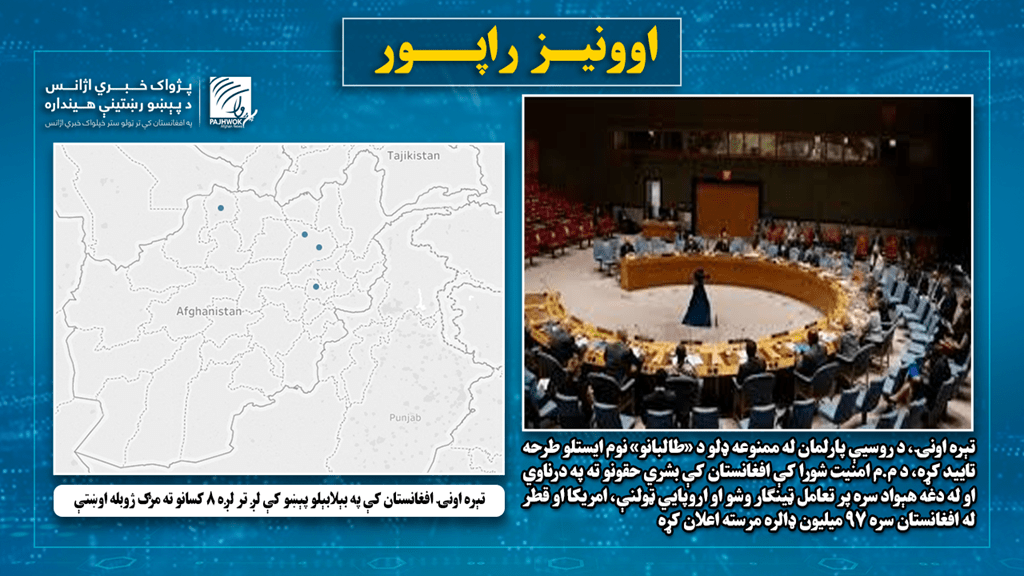

In recent developments in Afghanistan, at least eight people suffered casualties last week due to a bombing that targeted Khalil-ur-Rahman Haqqani, the Minister for Refugees. The attack, which has been attributed to the Islamic State (Daesh), prompted a statement of sorrow from Zabihullah Mujahid, the spokesman for the Taliban's Islamic Emirate [c23bbb32]. This incident highlights the ongoing security challenges in Afghanistan, where violence continues to disrupt daily life and governance.
The situation in Afghanistan remains dire, with the UN Security Council emphasizing the importance of human rights, particularly for women, amidst the Taliban's restrictive policies [c23bbb32]. The international community, including the European Union, the United States, and Qatar, has pledged $97 million in aid to support humanitarian efforts in the country. This comes as the Russian parliament voted to lift the ban on the Islamic Emirate, indicating a shift in diplomatic relations [c23bbb32].
Meanwhile, the United Nations Assistance Mission in Afghanistan (UNAMA) has reported on the significant human rights and economic challenges facing the nation. The World Bank has also noted that Afghanistan's economy is grappling with severe difficulties, further exacerbating the plight of its citizens [c23bbb32].
In a related event, the Doha Forum was held with representatives from 150 countries, focusing on various global issues, including Afghanistan's situation. Additionally, USAID and Qatar's Education Above All Foundation signed a $50 million agreement aimed at improving education in the country [c23bbb32]. This agreement underscores the ongoing efforts to address the educational needs of Afghan children, particularly girls, who have faced significant barriers to education since the Taliban's return to power [4aa34f90].
The UN-led talks in Doha, which have been criticized for excluding Afghan women, continue to unfold against this backdrop of violence and humanitarian need. As the international community grapples with how to engage with the Taliban, the situation for Afghan citizens, especially women and children, remains precarious [4aa34f90].